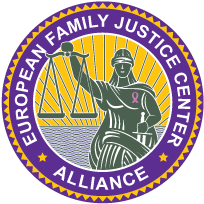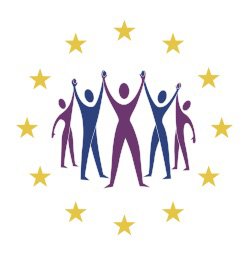Chan Hellman
 Chan is a Professor of Social Work at the University of Oklahoma and Director of The Hope Research Center. He has written more than 150 scientific publications and has presented at numerous national and international conferences worldwide. Chan's research is focused on hope as a psychological strength helping children and adults overcome trauma and adversity.
Chan is a Professor of Social Work at the University of Oklahoma and Director of The Hope Research Center. He has written more than 150 scientific publications and has presented at numerous national and international conferences worldwide. Chan's research is focused on hope as a psychological strength helping children and adults overcome trauma and adversity.
Chan holds Adjunct Professor appointments in the Department of Internal Medicine and Department of Pediatrics for the OU College of Medicine and the Department of Health Promotion Sciences for the OU College of Public Health. Chan's research is focused on the application of hope theory to those impacted by trauma and adversity. He is also interested in the impact of prevention and intervention services on increasing and sustaining client hope.
Chan teaches master's and doctoral level students primarily in the areas of positive psychology, research methods, and statistics. He also directs student research in the areas of hope and nonprofit organizations.
Keynote: The Science and Power of Hope
This keynote will introduce hope as a protective factor for trauma and adversity. Participants will learn the three components of hope (Goals, Pathways, & Willpower) and gain insight into how hope is more than wishing and is an important coping resource that can be taught
Masterclass: Responding to trauma and adversity: Hope as a framework for action
Hope has emerged as one of the top protective factors leading to well-being across the life span. This workshop will discuss the science of Hope as a psychological strength in our ability to cope with traumatic experiences. This workshop will summarize over 15 years of research that show (1) hope predicts positive outcomes for staff and those being served, (2) hope buffers the effects of adversity, and (3) hope can be influenced and sustained.
Our recent publications have demonstrated that hope is an important contributor to staff well-being, reduced stress and burnout which is especially relevant since the pandemic. To that end, this presentation will help build a shared understand and common language across a multidisciplinary focus on building hope centered practices


